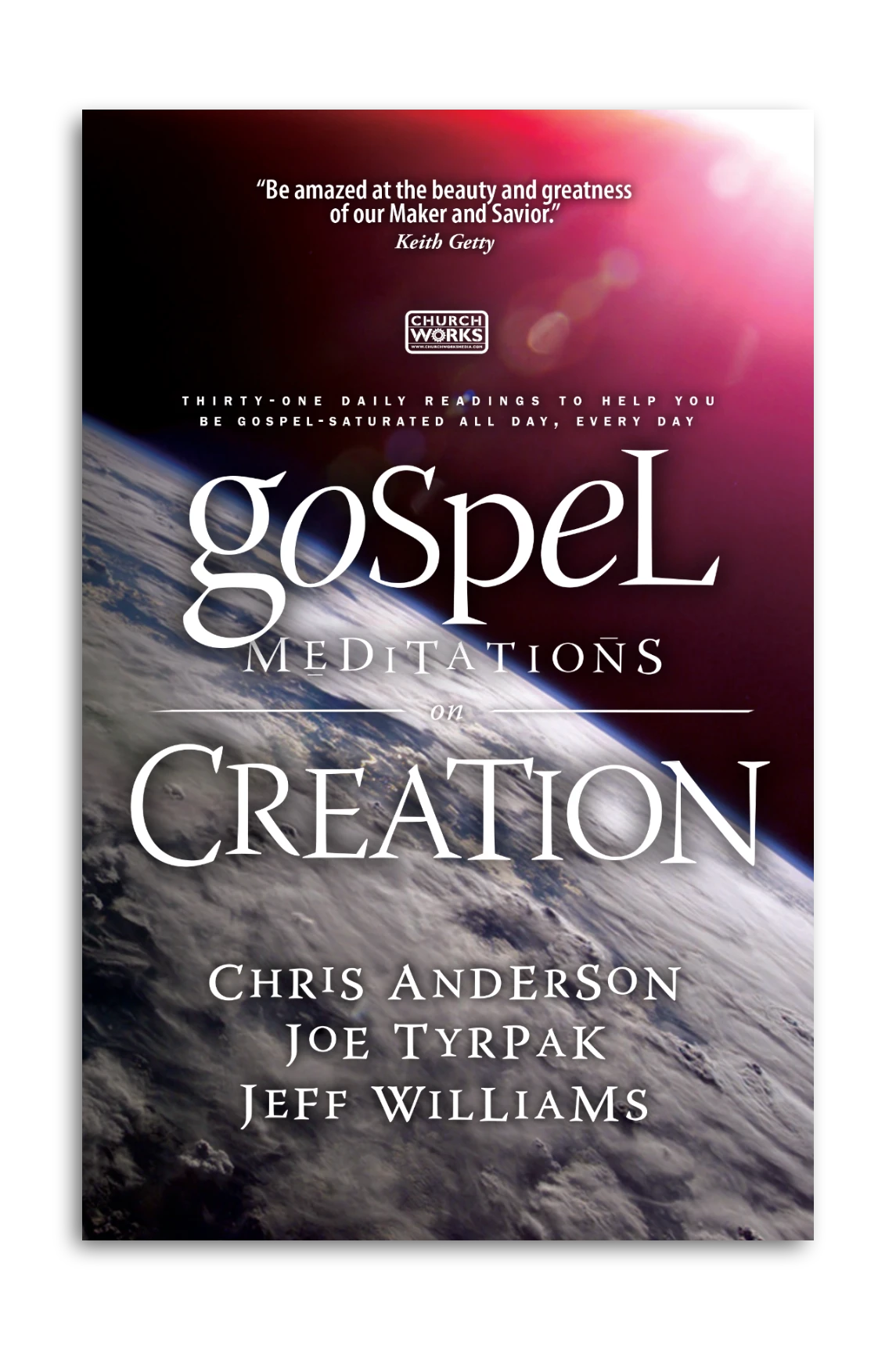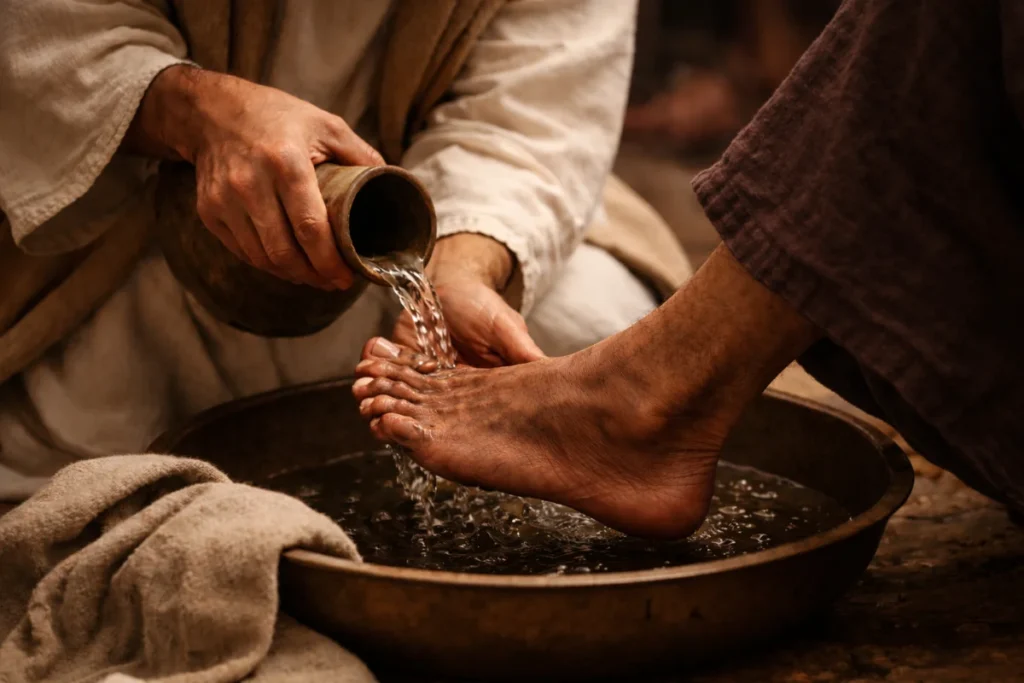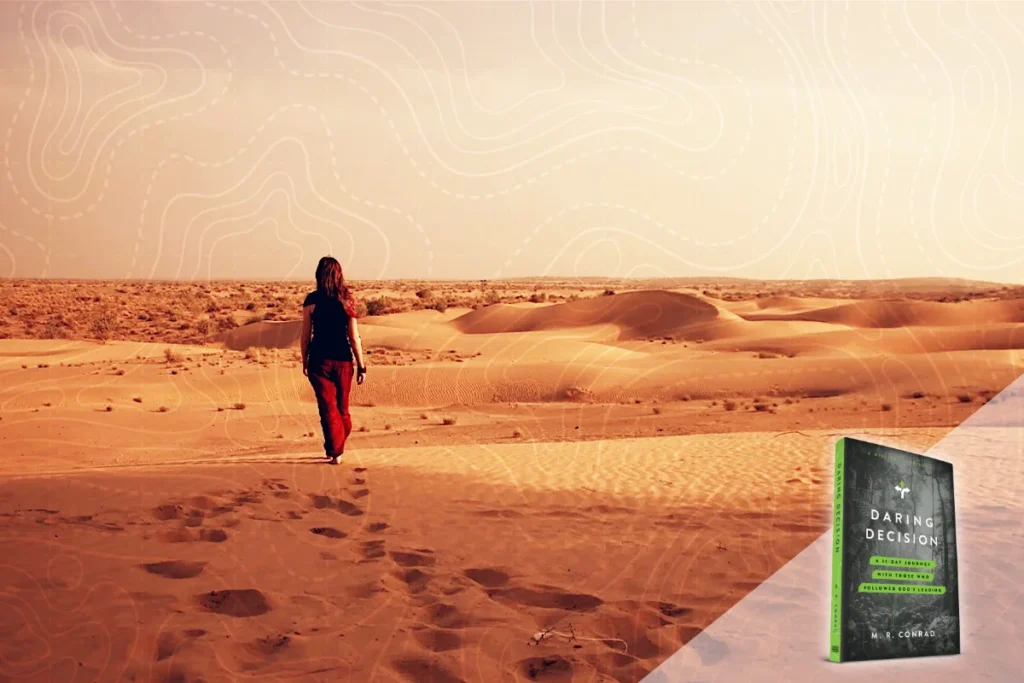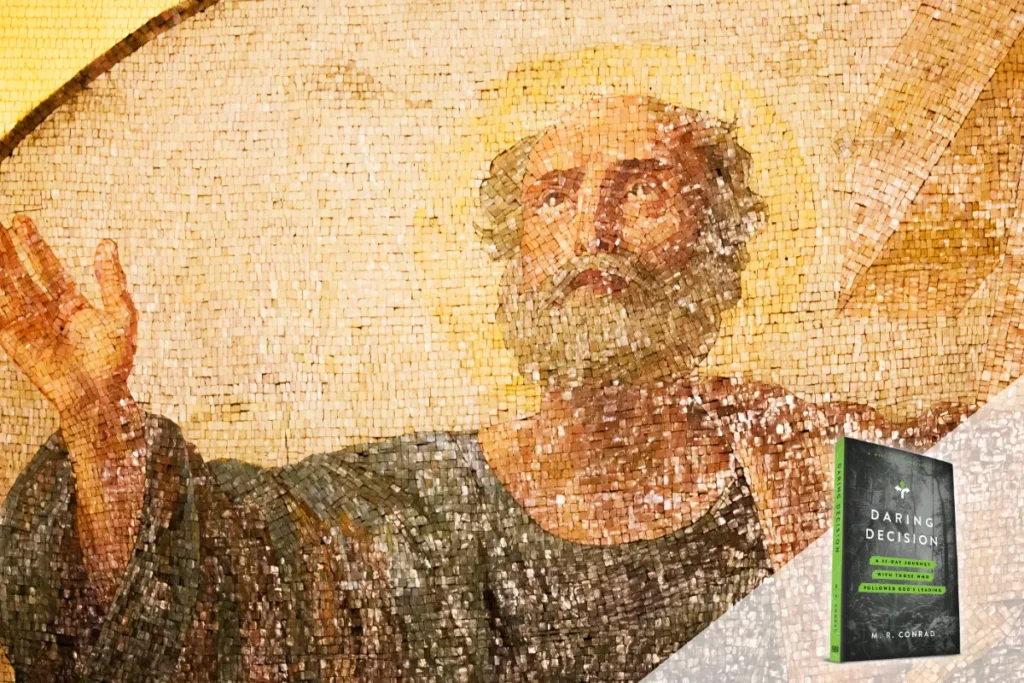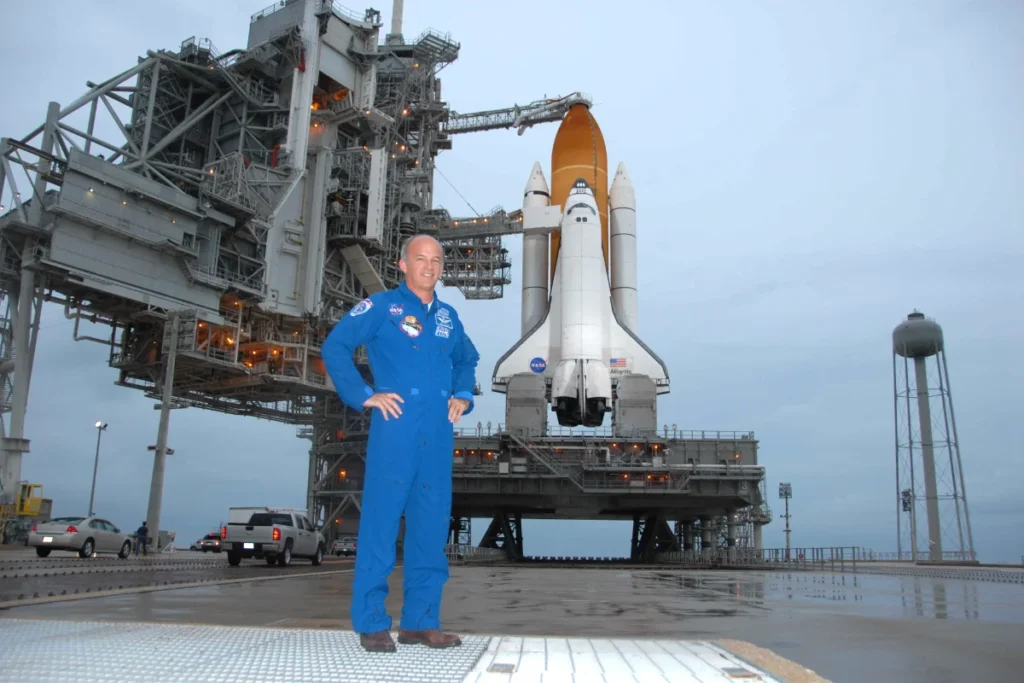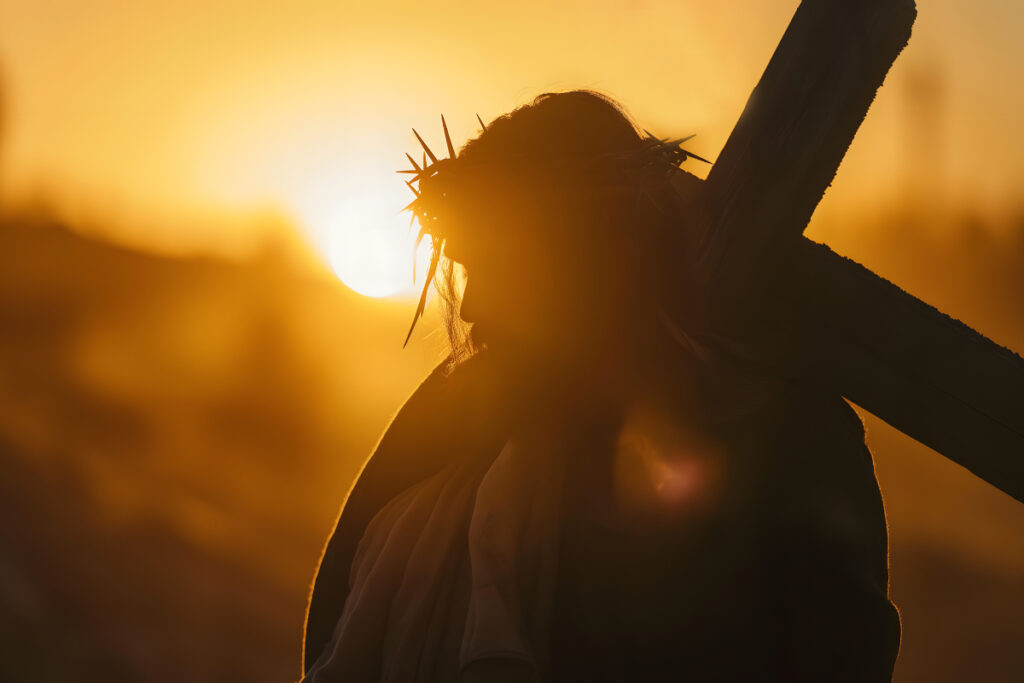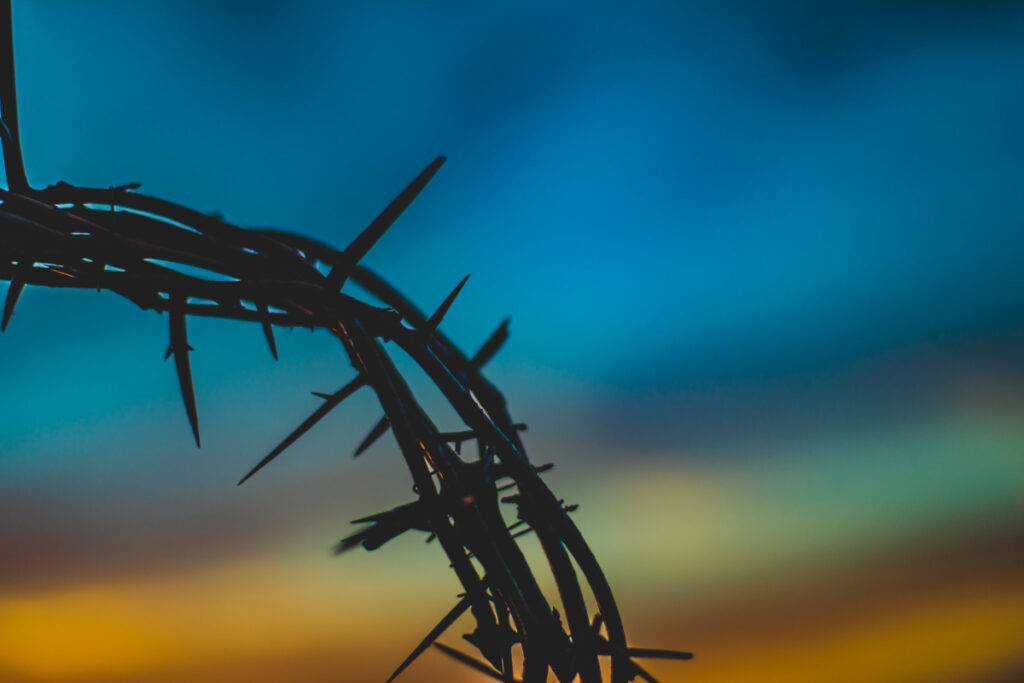
Blog
“I Scarce Can Take It In”
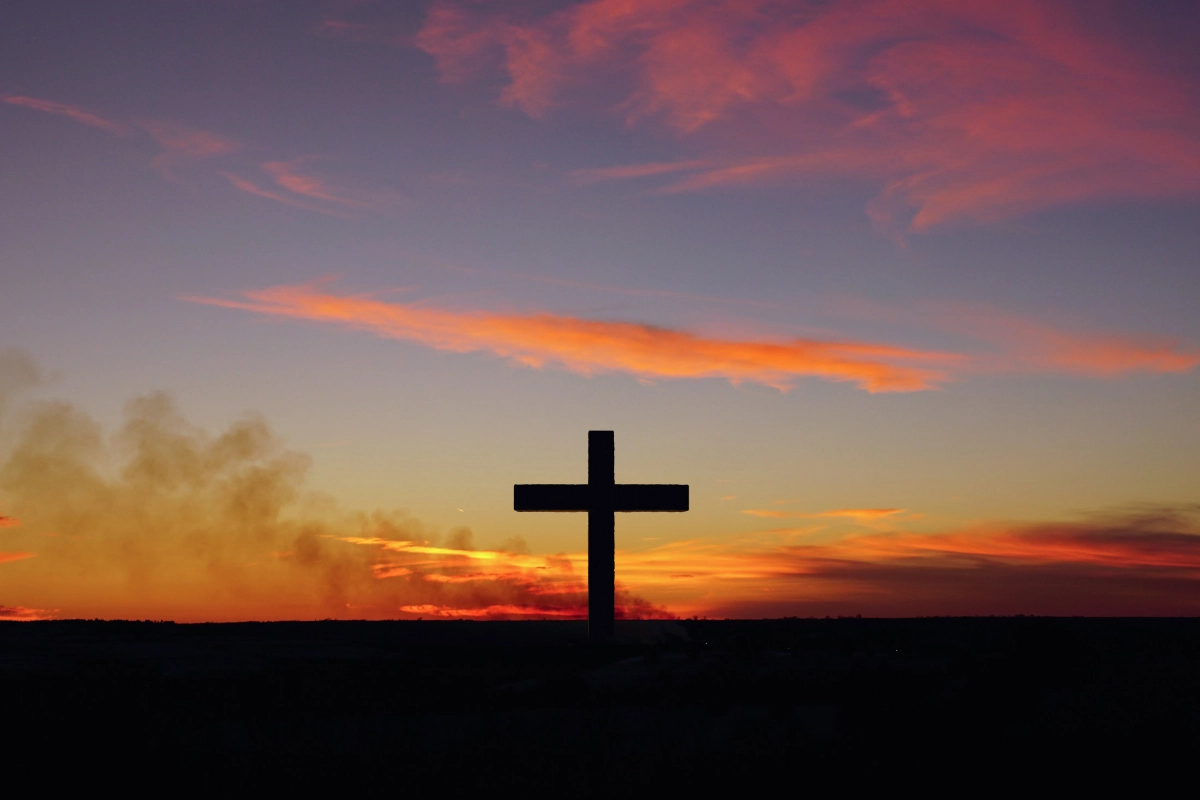
We just introduced Gospel Meditations on Creation (available now to order). Here is a preview of Day 3 from Chris Anderson.
Read John 19:1–30
“There was darkness over all the land.” (Matthew 27:45)
For some, the topic of creation is a call to arms—a war with atheism, evolution, humanism, or even science. That’s not my first response, though I’m willing to marshal arguments in defense of creation. In this devotional we aim to be more worshipful than apologetic. That’s intentional. The topic of creation should inspire awe not anger, devotion not debate.
Hymn writers know this. They “sing the mighty power of God that made the mountains rise.” They marvel at the beauty of “my Father’s world.” When they look at the vastness of space or the grandeur of lofty mountains, when they hear the rolling thunder or the sweet songs of birds, when they feel the gentleness of a breeze, they respond with awesome wonder: “My God, how great Thou art.” Creation prompts worship.
But there’s more. Far more. For the Christian, the most amazing thing about creation is that it led to a cross. More awe-inspiring than the power and wisdom of the Creator is the love and mercy that would inspire that Creator to be pinned to a cross to save His rebel creatures. Carl Boberg looked on the Creator-turned-Savior and confessed, “I scarce can take it in.”
The most amazing thing about creation is that it led to a cross
Jesus is the sovereign Creator. Nowhere is the stunning juxtaposition of Jesus as both the sovereign Creator and the suffering Savior more pronounced than in John’s Gospel. John’s first words unmistakably echo the creation narrative: “In the beginning . . . ” (John 1:1; Genesis 1:1). John tells us that it is Jesus Who created all things (John 1:3). Jesus of Nazareth is the all-wise, all-powerful, all-benevolent Creator of everything that exists. John emphasizes this further—almost whimsically, I think—when he describes Jesus’ healing of a blind man by coating the man’s eyes with mud (9:1–6). It’s not random. Rather, it looks back to Jesus making Adam out of the dust of the ground in Genesis 2:7. The same Creator Who turned mud to man now used a little more mud to craft a man a new set of eyes. Brilliant! But there’s more.
Jesus is the suffering Savior. Jesus is Creator-God. But John goes on to tell us that the eternal Son of God became a man: “And the Word became flesh and dwelt among us” (John 1:14). The Creator became one of His creatures. So, while showing us evidence of Jesus’ deity, John also shows us evidence of Jesus’ humanity. He got weary and thirsty (4:6–7). He experienced hunger and needed nourishment (4:31). He wept (11:35). He experienced the pain of beatings (18:22), floggings (19:1), thorns (19:2), and ultimately, crucifixion (19:16–27). Finally, as Jesus had repeatedly predicted beforehand (John 10:11, 15, 17–18; 12:32), He even experienced death (19:28–30). The immortal Creator died. “I scarce can take it in.” Isaac Watts poignantly describes even the sun being aghast at its Maker’s death:
Well might the sun in darkness hide, and shut His glories in,
When Christ, the mighty Maker, died for man, the creature’s sin.
The topic of creation stirs the imagination. It’s marvelous. But it is only the beginning of wonders. More marvelous yet is the Creator’s self-sacrifice to redeem sinners like us. Were there any other way for you to be forgiven of your sins, Jesus need not have suffered. But there is no other way; only Jesus can save (John 14:6). If you don’t yet know Jesus as your own Savior from sin, trust Him today. And if you do, adore your Creator-turned-Savior.
Let the gospel astound you at the willing sacrifice of the Creator.
Explore the whole book!
Creation should move us to worship—especially when we consider that the mighty Creator stooped to become our merciful Savior. Take a 31-day journey of wonder, marveling at God’s power and goodness. Series authors Chris Anderson and Joe Tyrpak are joined by co-author Jeff Williams, a devout Christian and retired NASA astronaut who spent 534 days aboard the International Space Station—an American record when he accomplished it. To the surprise of many in the scientific community, Jeff believes that the Bible is inerrant, and he takes the creation record literally. His contribution to this project makes it a must-read!

